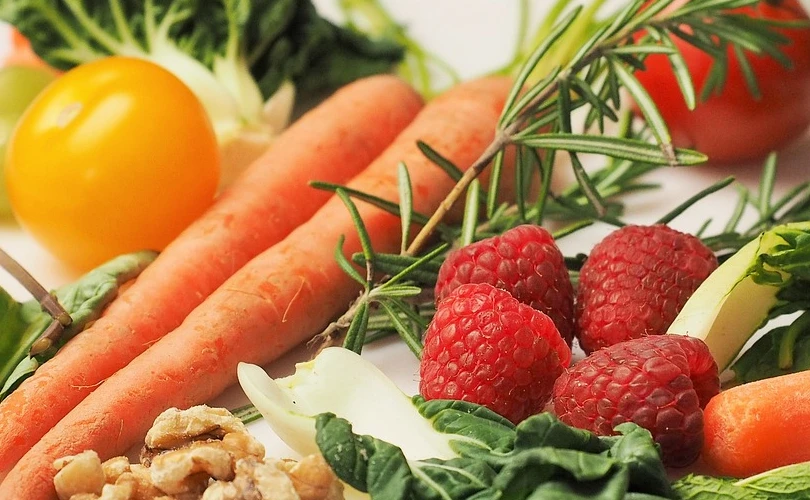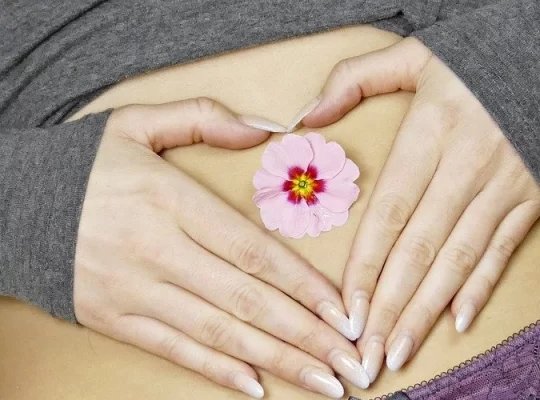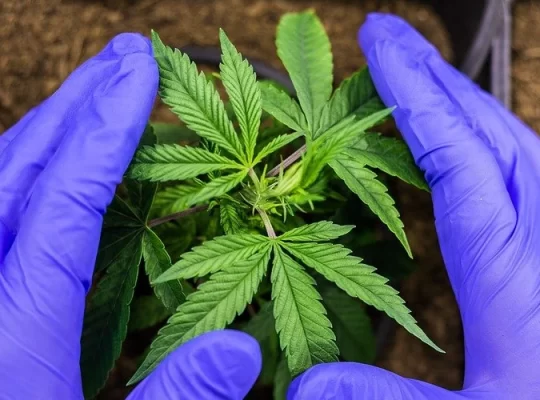Comorbidities in the gastrointestinal tract and liver are health problems affecting the digestive system and the liver. They can happen by themselves or along with other health problems.
GERD and Weight
Gastroesophageal reflux disease (GERD): GERD is a sickness where stomach acid comes back into the esophagus, making it sore and irritated.
Gastroesophageal reflux disease, or GERD, is a common illness that impacts millions of people around the world.
It happens when the lower esophageal sphincter (LES), a ring of muscles at the bottom of the esophagus, does not close appropriately after liquids or food go into the stomach. This makes stomach acid and sometimes even partly digested food run back into the esophagus, making it sore and irritated.
The signs of GERD can be very painful and significantly affect a person’s quality of life. Heartburn, chest pain, trouble swallowing, reflux, and a sour taste in the mouth are some of the most common signs. The severity and regularity of these symptoms can vary from person to person. Some people have mild symptoms that are easy to deal with, while others may have more severe symptoms that make it hard to do everyday things.
Being overweight, smoking, having a hiatal hernia, being pregnant, and taking some drugs like antihistamines and antidepressants can all make you more likely to get GERD. Making changes to your lifestyle, like stopping smoking, losing weight, and staying away from certain foods and drinks, can help you deal with your problems. Some over-the-counter medicines, like antacids and proton pump inhibitors (PPIs), can also help lower acid reflux.
Ailments
If you do not treat GERD, it can get worse and cause problems like esophageal sores, strictures, and Barrett’s esophagus, a disease that can raise your risk of getting esophageal cancer. When someone thinks they might have GERD, they should see a doctor and get the proper treatment to control their symptoms and avoid any problems that could happen.
People with peptic ulcers have spots on the inside of their stomach or duodenum, the first part of the small intestine.
IBD stands for inflammatory bowel disease, a group of long-term inflammatory conditions affecting the digestive system. Colitis and Crohn’s disease are the two most common types of IBD.
People with celiac disease have an autoimmune problem that makes the small intestine hurt when they eat gluten.
Irritable bowel syndrome (IBS) is a long-term condition that affects the large intestine and leads to cramps, bloating, stomach pain, and either diarrhea or constipation.
Nonalcoholic fatty liver disease (NAFLD): People with NAFLD have too much fat in their liver. In the US, it is the most common long-term liver disease.
Hepatitis B and C: HIV and hepatitis C are both viruses that can hurt the liver.
Cirrhosis: This is a sickness where the liver is scarred and hurt, which makes it hard for it to work right.
Symptoms
When someone has both gastrointestinal and liver issues, it can affect their health and well-being. They may lead to stomach pain, sickness, vomiting, diarrhea, constipation, tiredness, and weight loss, among other things. They can also make you more likely to get other health problems, like cancer, heart disease, or a stroke.
If you have symptoms in your stomach or liver, you should see a doctor to get a diagnosis and a plan for how to treat them. Different treatments are available for people with gastrointestinal and liver problems. For the most part, though, it involves making changes to your food and exercise routines and taking medicine or having surgery.
Lifestyle Habits
Here are some ways to deal with having both stomach and liver problems at the same time:
Eat a healthy diet. A varied diet with many fruits, veggies, and whole grains is best. Avoid processed foods, sugary drinks, and fats high in fatty and bad fats.
Keep your weight at a healthy level. If you are overweight or fat, losing weight can help your symptoms and lower your risk of getting worse.
Regular exercise is good for you because it helps your stomach and reduces swelling. Aim to work out reasonably for at least 30 minutes most days.
Take care of your stress. Stress can make problems in the digestive and liver worse. To deal with stress healthily, exercise, learn how to relax, and spend time with people you care about.
Check up with your doctor regularly: Go to the doctor for checkups and screenings daily. This is important for keeping an eye on your health and avoiding problems.
If you are worried or have questions about having both stomach and liver problems at the same time, you should talk to your doctor.







